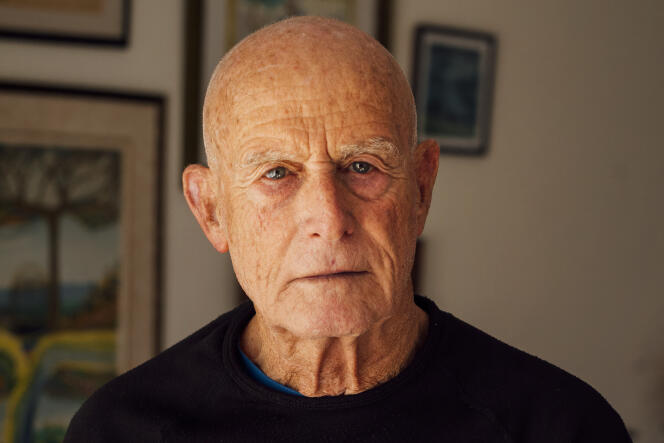


After a career in the army, Ami Ayalon headed Israel's Security Agency, the Shin Bet, between 1996 and 2000. Since then, he has embarked on an intellectual and political journey that has led him to question the notion of the enemy in the Israeli-Palestinian conflict, as well as the shortcomings of the Israeli security vision which, in his view, threatens to lead to an "endless war." Aged 78, he is the author of Friendly Fire: How Israel Became Its Own Worst Enemy.
I think this question goes far beyond the details of this military campaign. What is essentially the situation? Our problem lies in the tension between terror and human rights. All liberal democracies are confronted with a conflict between terrorist violence and fundamental rights, compounded by fear. When a person or a community feels fear, they will prioritize security over rights, especially when the rights in question are not their own, but those of others, those of a minority. So we give up the rights of a minority in the belief that we're fighting terrorism. And we don't realize that one day, we'll congratulate ourselves on having killed bad guys, but that we'll have lost our identity.
This is happening all the time, in Europe, the US and Israel. It's a worldwide phenomenon in liberal democracies. But let's talk about the situation in Israel. What I'm trying to analyze is the concept of victory. When a democracy faces a terrorist group, it leads to a different kind of victory. Today, most wars pit states not against other states, but against "organizations" (movements, rebellions, guerrilla groups, and so on). This means conflicts that are impossible to win as before, by obtaining a better political deal through military action.
A "terrorist organization" is never going to surrender by raising a white flag. You're going to kill members of al-Qaeda, but you're not going to make them disappear. In Gaza, it's the same: We're not fighting a nation, we're fighting a terrorist organization. But we are not at war with the Palestinians. There are Palestinians who support Hamas. They do so not because they adhere to the movement's religious ideology, but because they see Hamas as the only organization fighting for their freedom and an end to the Israeli occupation [in the occupied territories]. That's what's important to understand in order to understand what's next.
You have 65% of this article left to read. The rest is for subscribers only.
